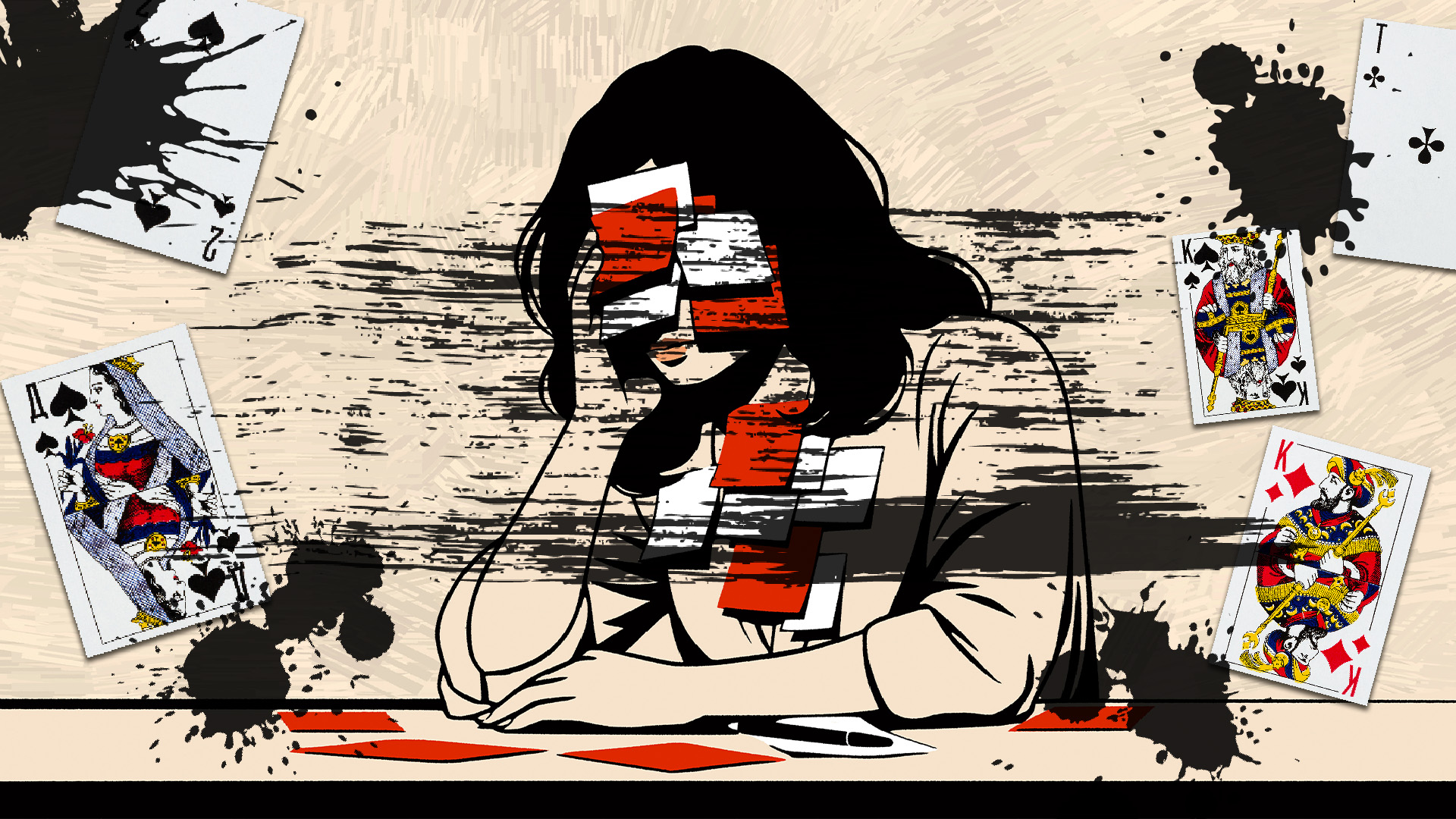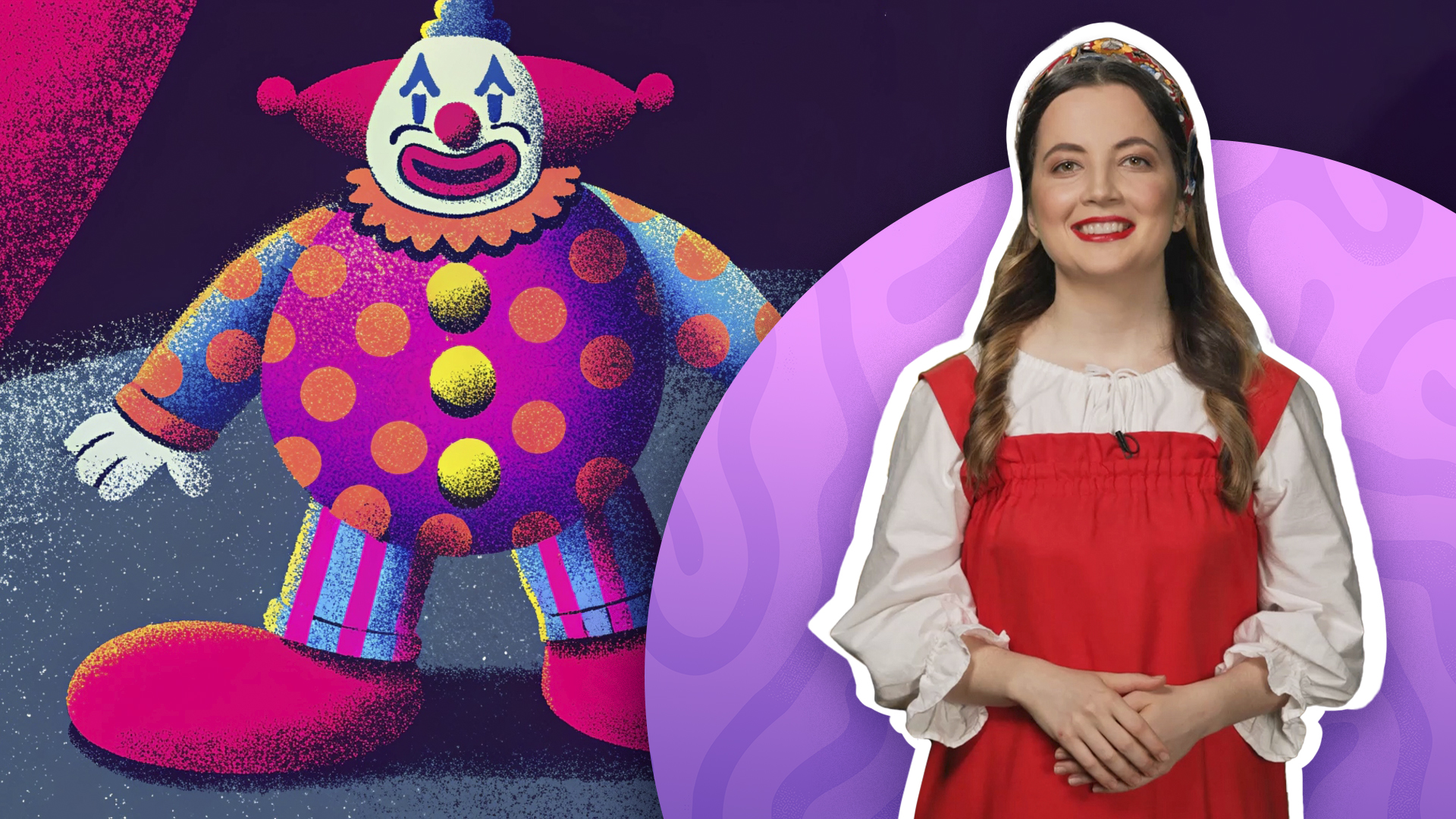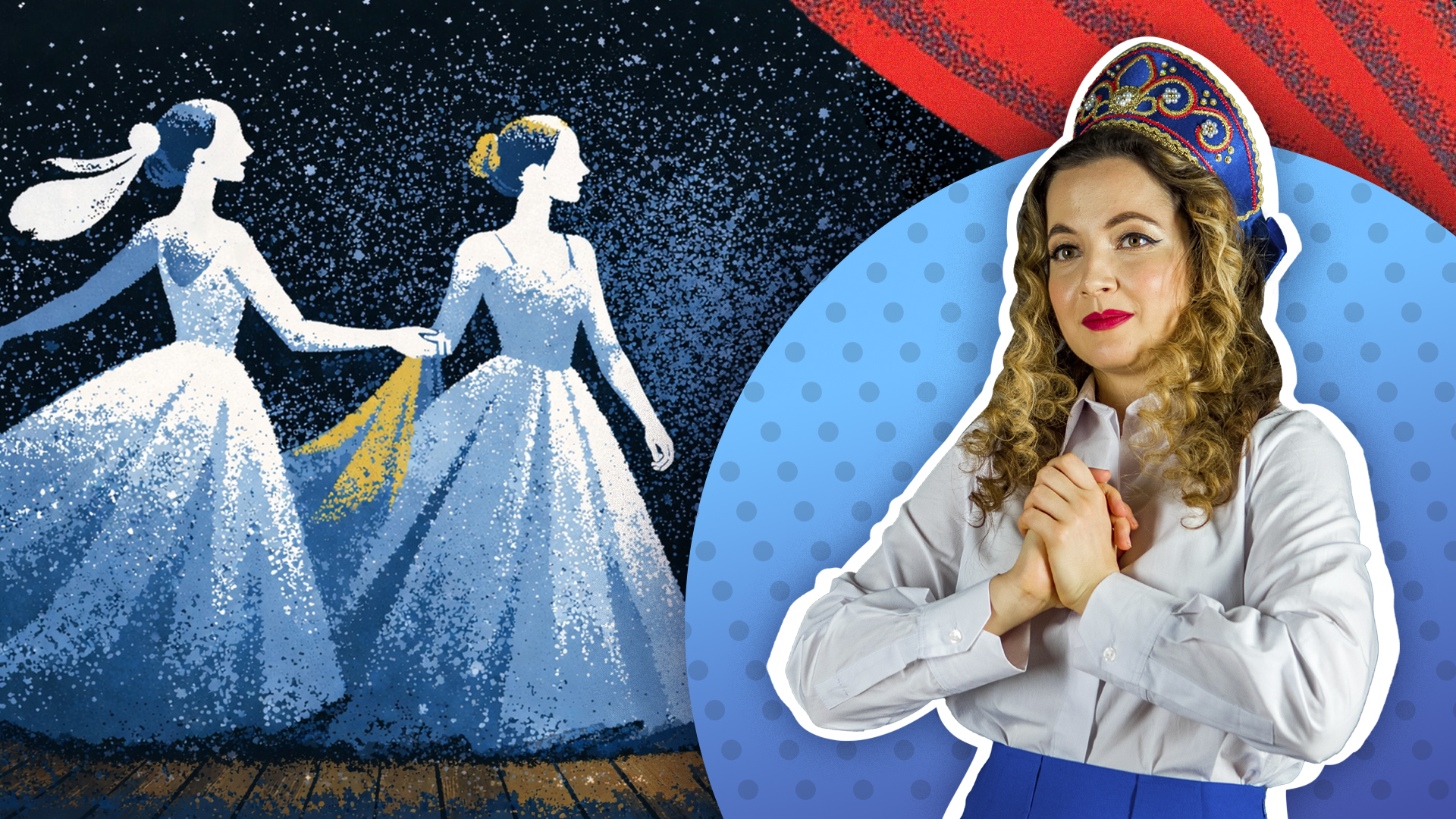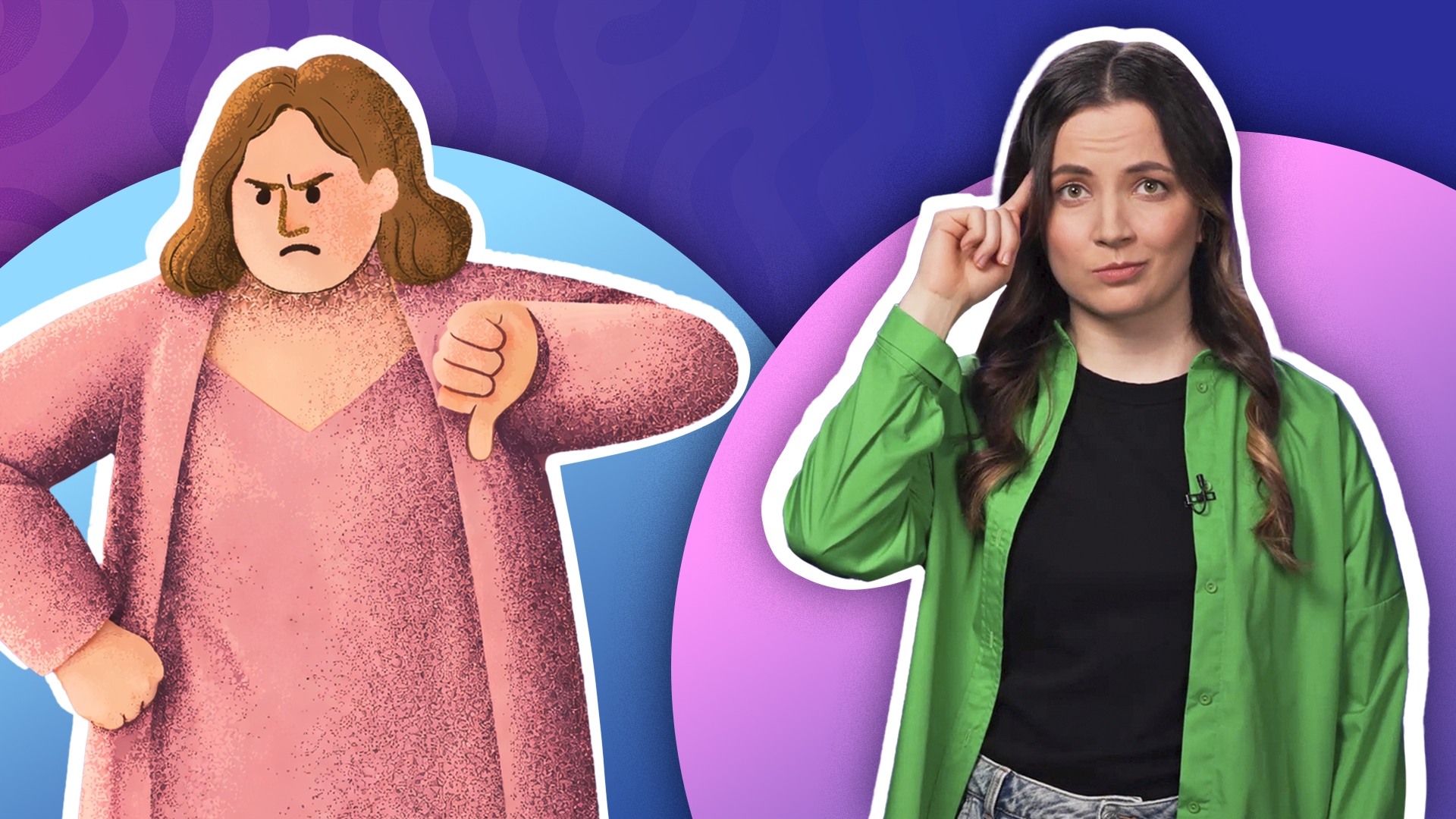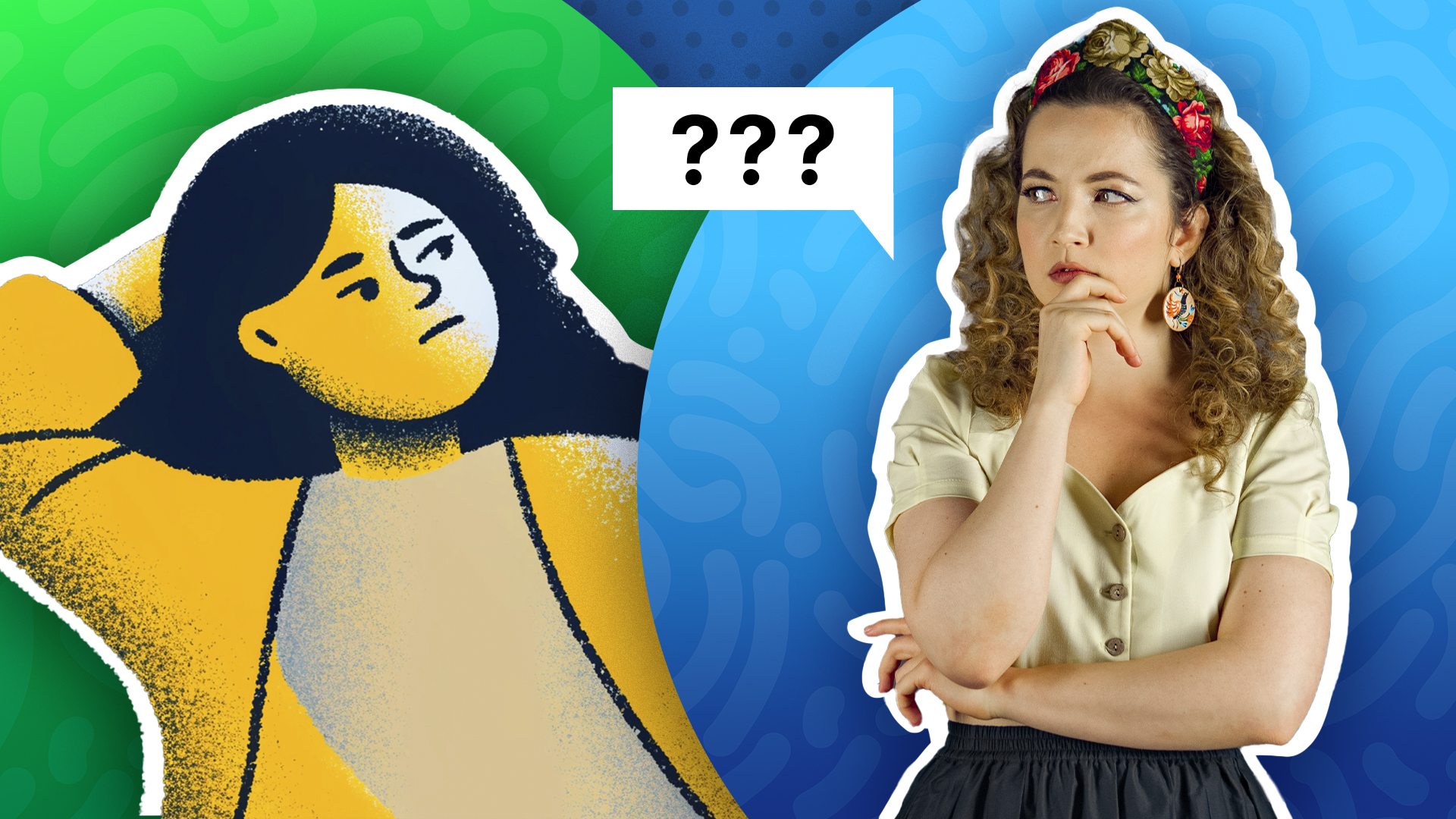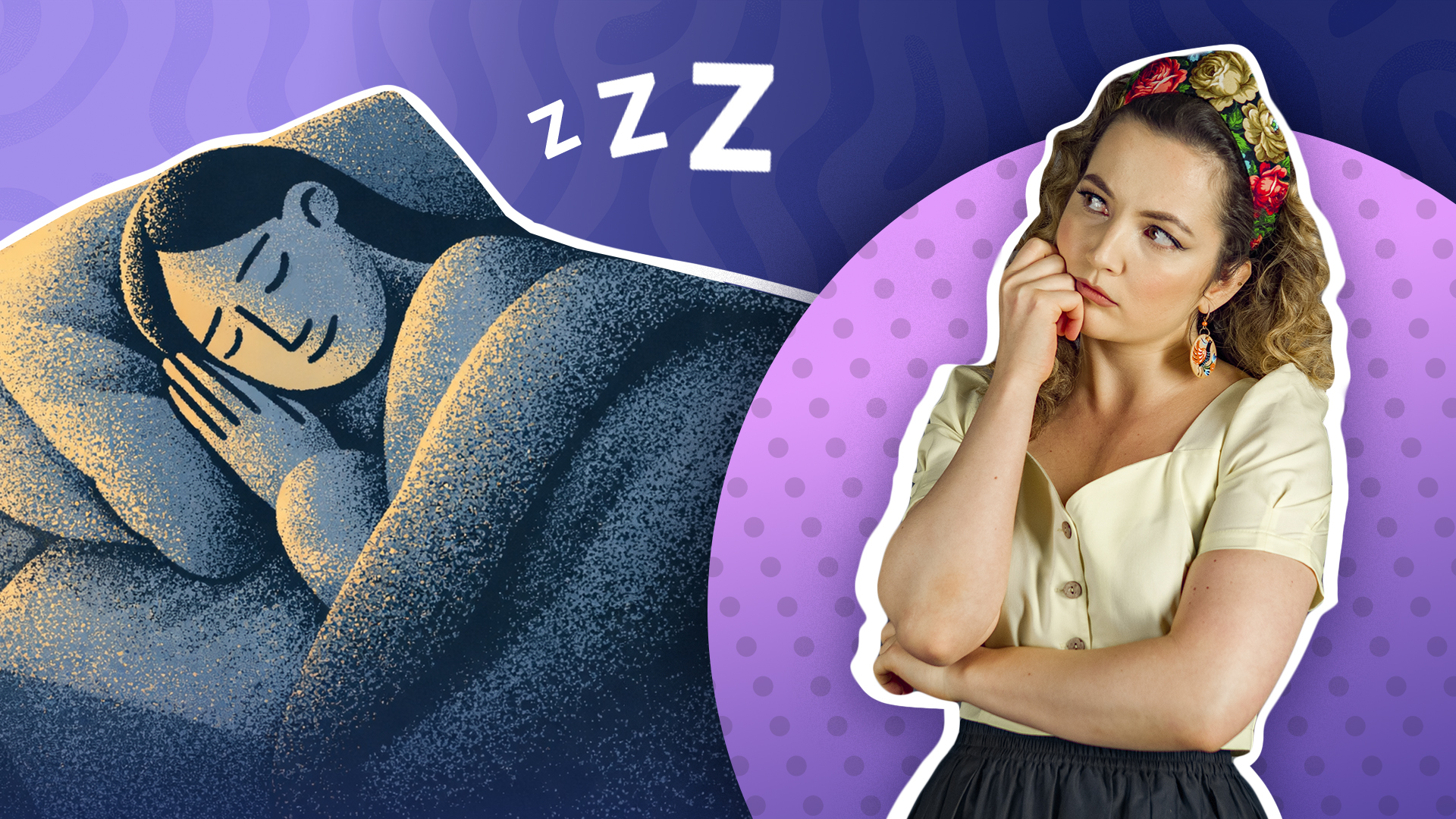
All the types of Russian relatives EXPLAINED

With direct relatives, things are pretty clear:
- Father – ‘отец’ or ‘папа’ (‘otets’ or ‘papa’)
- Mother – ‘мать’ or ‘мама (‘mat’ or ‘mama’)
- Son – ‘сын’ (‘syn’)
- Daughter – ‘дочь’ (‘doch’)
- Parent/parents – ‘родитель’/‘родители’ (‘roditel’/‘roditeli’)
While the English repeat grand- with father, mother, son and daughter for designations of relatives through one generation, Russian have separate words:
- Grandfather – ‘дед’ or ‘дедушка’ (‘ded’ or ‘dedushka’)
- Grandmother – ‘бабушка’ (‘babushka’)
- Grandson – ‘внук’ (‘vnuk’)
- Granddaughter – ‘внучка’ (‘vnuchka’)
Сollateral relatives would be called the following way:
- Brother – ‘брат’ (‘brat’)
- Sister – ‘сестра’ (‘sestra’)
- Uncle – ‘дядя’ (‘dyadya’)
- Aunt – ‘тётя’ or ‘тётка’ (‘tyotya’ or ‘tyotka’)
- Nephew – ‘племянник’ (‘plemyannik’)
- Niece – ‘племянница’ (‘plemyannitsa’)
The word ‘cousin’ also exists in Russian – ‘кузен’ (‘kuzen’) for a male cousin and ‘кузина’ (‘kuzina’) for a female cousin. But, in Russian, there are also separate terms for cousin – ‘двоюродный брат/двоюродная сестра’ (‘dvoyurodny brat’/‘dvoyurodnaya sestra’) and for second cousin – ‘троюродный брат/троюродная сестра’ (‘troyurodny brat’/‘troyurodnaya sestra’).
What about spouses and their parents? Each of them has their own name. They are not direct relatives, but in-laws. Not ‘родственники’ (‘rodstvenniki’), but ‘свойственники’ (‘svoistvenniki’).
- Husband – ‘муж’ (‘muzh’)
- Wife – ‘жена’ (‘zhena’)
- Father-in-law (husband’s father) – ‘свекор’ (‘svekor’)
- Mother-in-law (husband’s mother) – ‘свекровь’ (‘svekrov'’)
- Father-in-law (wife’s father) – ‘тесть’ (‘test'’)
- Mother-in-law (wife’s mother) – ‘тёща’ (‘tyoshcha’)
The wife’s parents and the husband’s parents are ‘сваты’ (‘svaty’) towards each other.
And now for the not most interesting, but the most mind-blowing part… Spouses’ brothers and sisters all have their own definitions! Which actually not all Russians themselves can differentiate! That’s why they’re rarely used, but you still can hear them!
- Husband’s brother – ‘деверь’ (‘dever’)
- Wife’s brother – ‘шурин’ (‘shurin’)
- Husband’s sister – ‘золовка’ (‘zolovka’)
- Wife’s sister – ‘свояченица’ (‘svoyachenitsa’)
- Husband of wife’s sister – ‘свояк’ (‘svoyak’)
- Son’s wife – ‘сноха’ (‘snokha’) for son’s father and ‘невестка’ (‘nevestka’) for son’s mother.
Actually the word ‘невестка’ (‘nevestka’) has several meanings. By the way, don’t mix it up with ‘невеста’ (‘nevesta’), which means ‘bride’!
‘Невестка’ is both a brother’s wife, a son’s wife for his mother and a wife of a brother for another brother. Sometimes, ‘невестка’ is used instead of ‘сноха’, ‘золовка’, ‘свояченица’. This word has Proto-Slavic origins (‘nevěsta’), which actually means ‘unknown’.
‘Gateway to Russia’ is grateful to Gramota.ru (Грамота.ру) for help in preparing this material.



